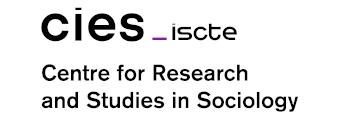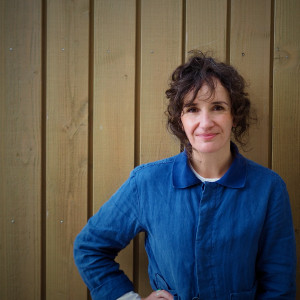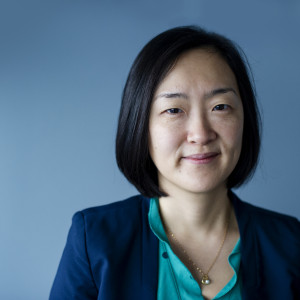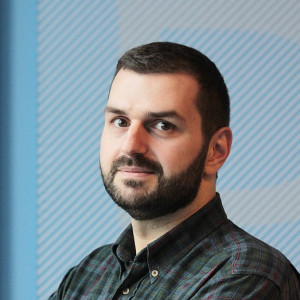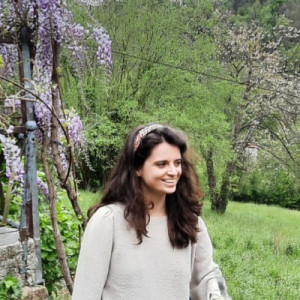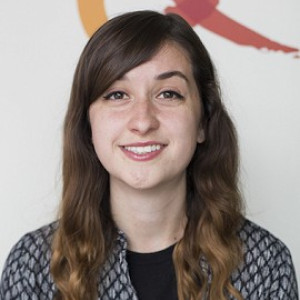All times are in GMT+1
Tuesday, 2 July 2024 between 09:00 and 12:00
Each year, the PhD Network Board hosts special events tailored to PhD students participating in the IMISCOE Annual Conference.
Programme Overview
Welcome and introduction (Hybrid) - 09:00-09:10
Room: Auditório Ferreira de Almeida (B2.03)
Please log on to see the WebEx link
Session 1 (Hybrid): Setback session - Redefining "failure" in academia - 09:10-10:10
Room: Auditório Ferreira de Almeida (B2.03)
Please log on to see the WebEx link
Break: 10:10-10:30
Session 2A (On-site only) - Interactive PhD session: The one where we connect and challenge notions of “failure” - 10:30-12:00
Room: Auditório Ferreira de Almeida (B2.03)
Session 2B (Online only) - How to make research more engaged: positionality, inequalities and access - 10:30-12:00
Please log on to see the WebEx link
Lunch offered by IMISCOE PhD Network Board - 12:00
Sessions 1 (Hybrid) and 2A (On-site only)
During the initial half-day of the annual conference, the PhD Network Board presents sessions tailored to PhD students and early career researchers, focusing on topics relevant to their interests and concerns. This year, the PhD Network Board will host two morning sessions (one hybrid and one on-site) on July 2nd around the theme of ‘failure’. We will delve into what constitutes ‘failure’, who defines it, and whether ‘failure’ is always negative or if it can be embraced as a catalyst for collective learning and change.
Can we reclaim and redefine failure to promote a more compassionate academia?
Starting from this question, we will deconstruct the concept of “failure” within a highly competitive and individualized academic environment where emphasis on metrics, publications, and productivity often fosters a pervasive sense of inadequacy. Together, we plan to explore coping mechanisms and strategies to resist existinge notions of failure at the individual and structural level, while reclaiming and redefining its meaning. In doing so, our discussion will address both individual and structural aspects of “failure”, aiming to generate actionable suggestions for communities like IMISCOE to serve as platforms for dialogue and support in tackling these challenges.
The initial session will take the form of a panel, featuring guest speakers invited to share their personal experiences and thoughts on “academic failure” Following this, the second session will be an interactive workshop designed to foster discussions among PhD students themselves. The aim of this workshop is to facilitate the exchange of experiences and ideas in a supportive environment.
Speakers:
- Norma Schemschat, Faculty of Social and Behavioural Sciences, University of Amsterdam.
- Sayaka Osanami Törngren, Malmö Institute for Studies of Migration, Diversity and Welfare, University of Malmö.
- Apostolos Andrikopoulos, Department of Anthropology, Harvard University and at the University of Amsterdam.
Session 2B (Online only)
How to make research more engaged: positionality, inequalities and access
The panel presents five contributions from the 2024 IMISCOE PhD network special issue entitled "How to make research more engaged: positionality, inequalities and access". This initiative is an attempt by the blog group to provide a panoramic journey through the practice and politics of conducting engaged migration research. The special issue consists of thirteen blog posts by PhD-level migration scholars and practitioners from diverse fields such as law, sociology, politics, human geography, development, architecture, education, communication, language, social medicine and community health. The panel analyses and unpacks three research dilemmas - positionality, inequalities, and access - as intertwined yet distinct ethical concerns within the field, involving difficult choices in theorising, methodological application and co-production of knowledge about migration. First, we argue that an inter/transdisciplinary approach is needed to facilitate critical dialogues between different perspectives and knowledge in the field. This approach aims to complement the dialectic between migration policies and their negative impacts on people who migrate. Second, we explore the connection between positionality and reflexivity for critical perspectives, highlighting how positionality is shaped and can shift during fieldwork and how it functions as a critical element in unveiling power balances. Third, we highlight the potential of participatory methods to challenge established knowledge about migration while empowering and engaging people who migrate as experts. Finally, we suggest that engaged migration research that challenges positionality, inequalities and access is key to moving towards a compassionate academic practice. We call for unity in the efforts of activist migration scholars to mitigate the potentially negative effects of their endeavours, eschewing reductionist or extractivist scholarship in favour of co-production. Overall, we believe that these efforts are vital not only in academia but beyond as well, as they provide a means to challenge dominant regimes of im/mobility characterized by neo-colonial bordering dynamics.
Speakers:
- Khaoula Stiti: If you are a migrant in academia, don’t be ashamed”: the Role of Migration Studies and Migrant Scholars in Dismantling Shame in the Neoliberal University
- Istikhar Ali: Charting the Terrain of Identities: An Ethnographic Exploration in a Muslim Neighborhood in Delhi
- Irene Praga Guerro: Collaborative Writing in Independent Journalism on Global Mobility. A Critical Note
- Jami Abramson: Using Ideas of ‘Home’ to Challenge Anti-Migration Narratives
- Imen El Amouri: A Call to Action: Towards a Compassionate Approach to Migration Studies
